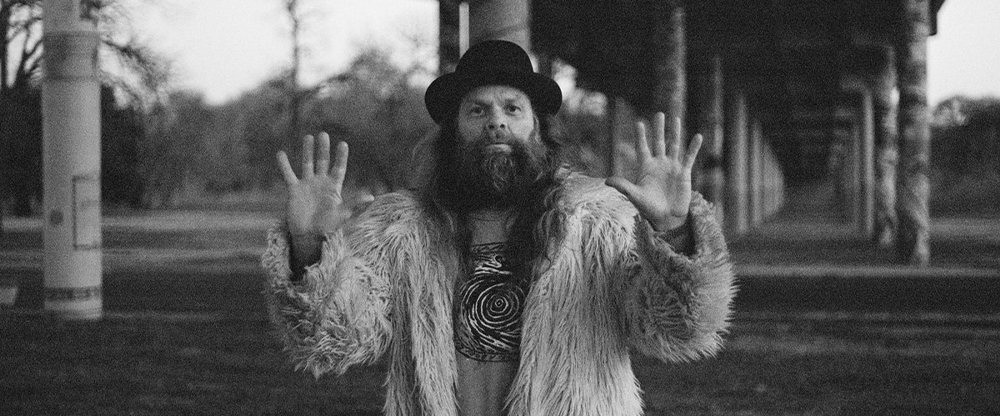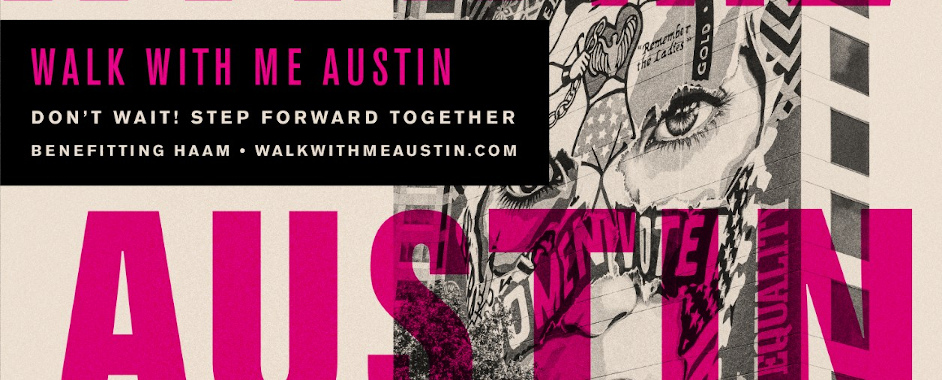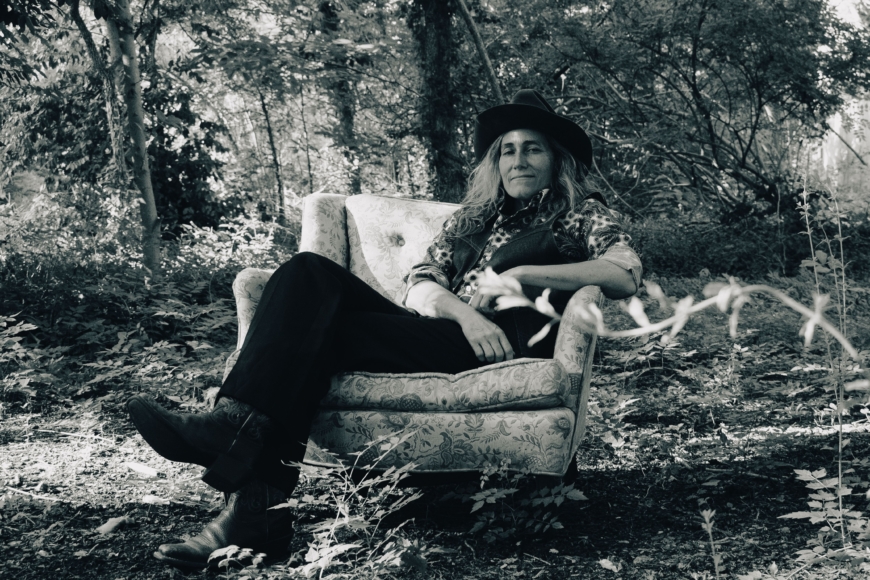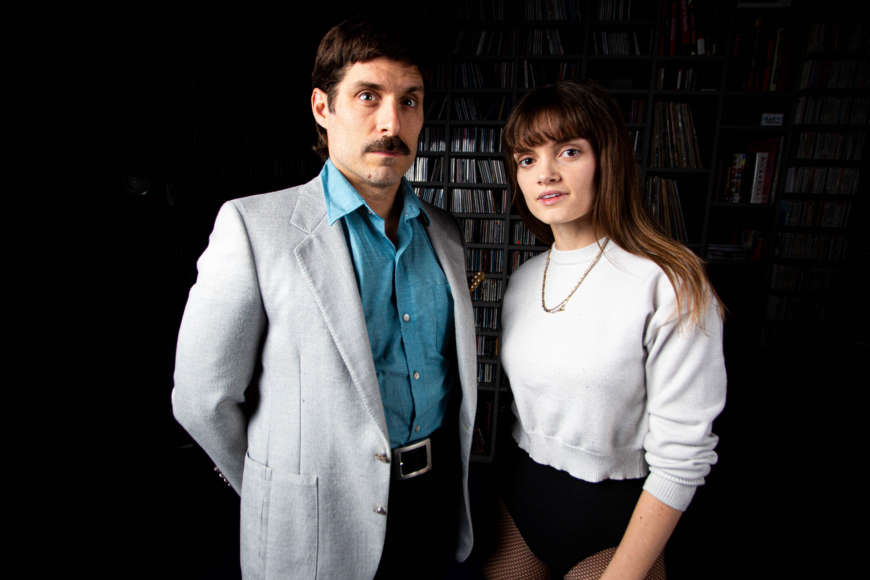Dub music is a paradox: it’s music made from the removal of music. In the late 1960s, Jamaican producers like Lee “Scratch” Perry, King Tubby, Augustus Pablo, and others began playing with the molecular structure of sound. Starting with full-band reggae recordings as source material, the producers remixed them, questioning the very materiality of the songs themselves. What happens when you silence the vocals and melodies, leaving just drums and bass for measure after measure? What happens if you run every sound through echo machines like the Roland Space Echo? You get something new, something both ancient and futuristic sounding. Dub producers could alchemize a song out of thin air, making it haunting, odd, transcendent, even hilarious—just like life itself. The space carved out by these pioneers birthed entire musical galaxies: there would be no electronic music or rap without dub.
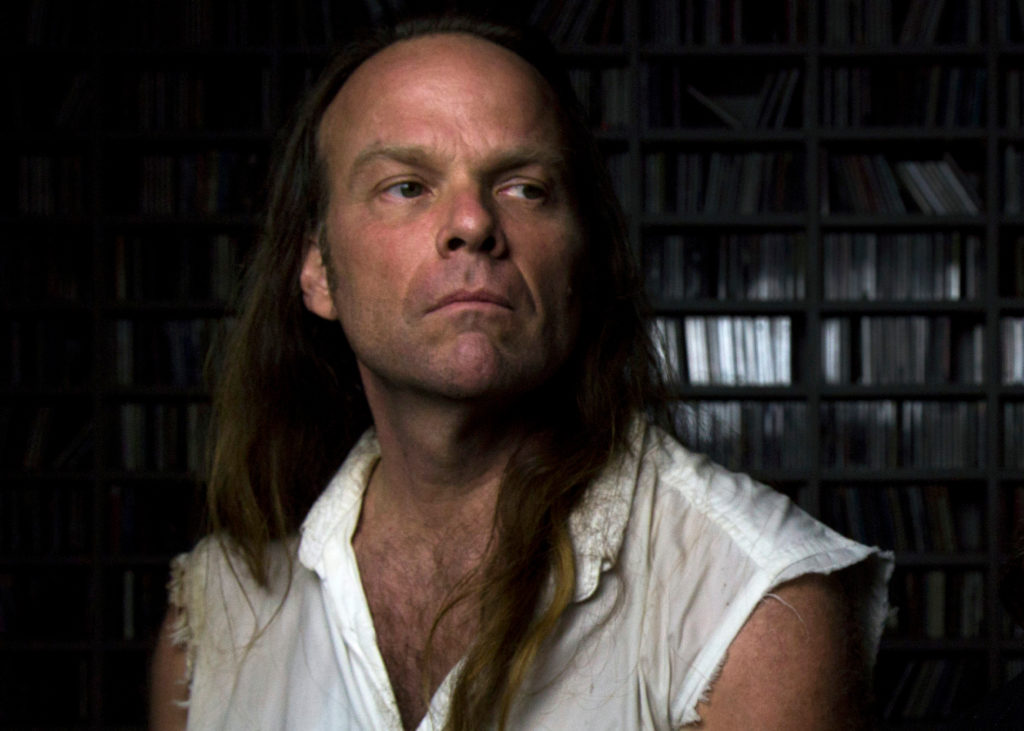
Thor Harris doesn’t remember exactly how he first encountered dub music, but it irrevocably sent him on another orbit. The Austin musician spent his junior high and early high school years learning the drums by studying prog rock, one of the more complex and technically challenging forms of popular music. “There was nothing to do in the suburbs but practice music and ride my BMX bike,” he says. “So I listened to prog rock and tried to become a monster drummer as fast as I could. But then dub landed in my ears and it was love at first listen.”
Dub seemed like the opposite of prog. Here was a form that achieved complex emotions and sounds through the simplest means. “It’s so not about [being a] virtuoso,” Harris gushes. “It’s just a lazy, kind of plodding along music that’s just so appealing, and there’s nobody doing anything fancy in it.” The various elements dropping in and out of the mix take the listener on a journey. “It’s just a nice ear orgasm that happens when you’re like, ‘oh, the bass is gone. Okay, but it’s still the song.’ And then the bass comes back in and you sort of re-fall in love with the bass.”
Harris’s teenage obsessions pushed him into a life of music (“truly a terrible way to make a living,” he laughs). For three decades, he’s been one of Austin’s most in-demand musicians and creative foils. He’s played drums and percussion with experimental pioneers Swans and indie rockers Shearwater. Friends come easily, leading to collaborations with Bill Callahan, Jenn Wasner, Low, Devendra Banhart, and hundreds more. He’s a wise and highly-respected presence in the music world. He was also temporarily banned from Twitter in 2017 for demonstrating the proper way to punch a Nazi. Like a lot of his favorite dub producers, Harris is a devilish angel.
In 2019, the Indianapolis-based record label Joyful Noise Recordings made Harris its Artist In Residence. He created six percussion-focused instrumental albums for the project, all housed in wooden boxes handmade by Harris (and limited to an impish 666 copies). The albums united his love of primal folk music, dark atmospherics, minimalist composition, and brilliant song titles—“Recreational Antibiotics”; “Things With Legs”; “We Drove All Goddam Night For This?”—and featured dozens of contributors. Harris even tried his hand at dub. He teamed up with Yoko Ono, Austin noise rock singer David Yow, and more for Doom Dub. True to its name, this is Harris’s wicked take on the form, dipping dub’s blueprints into all-black ink.
“Almost every music geek or musician that you talk to about late ‘70s dub loves it. It’s just one of those forms.”
Joyful Noise specifically asked for a Doom Dub sequel. As Harris started work in 2020, the entire world became dubbed in doom. Luckily, a few months prior to the pandemic, his friend and former Shearwater bandmate Scott Brackett taught Harris the basics of the recording program Logic. Like a lot of musicians struggling to survive cancelled tours, Harris turned his home into a rudimentary studio. Here, he experimented with his six and a half foot long marimba, various vibraphones, and junkyard percussion, far from the pressure of an expensive professional studio. He also dipped back into his vast network of friends for help. “For the most part, I just [asked] the person, ‘Hey, do you love dub?’ All but one of them said yes,” Harris explains. “Almost every music geek or musician that you talk to about late ‘70s dub loves it. It’s just one of those forms.”
After sending over a recording, Harris had very simple instructions for his collaborators: “just do what you think it needs.” Keeping with dub’s experimental roots, the songs and guest list warped and wandered beyond Harris’s expectations. Folk singer Marissa Nadler and experimental musician Zola Jesus added goth howls and shrieks. Legendary Minutemen bassist Mike Watt held down the bottom end on a few songs, an essential dub ingredient. During the recording process, Dorian Wood, a Los Angeles-based multi-disciplinary artist, criticized Harris for “something pompous [I said] on Twitter.” Humbled, Harris invited Wood to contribute vocals to a song.
Several different producers—including Australian experimentalist Lawrence English and Austin’s Craig Ross—played the Lee “Scratch” Perry role from afar, molding the creations into spacey shapes. “For me to send the raw tracks away to somebody not knowing what I would get back, it doesn’t cause me any anxiety,” Harris explains. “I never would have come up with that mix, and I’m not a control freak.” The surprise is the point.
If dub’s first wave found its footing through its off-the-cuff aliveness, then Doom Dub II is a 21st century, pandemic-induced zombification, like a dub of dub itself. Song titles reflect the tedium (“Day 7 of Quarantine”; “Day 447 of Quarantine”), while the music foregrounds the dread. Everything sounds dispossessed, isolated, strange. The rhythms have that trademark dub slowness, but they’re more menacing, like something is aching to get out. With this album, Harris and his cohorts intuit something revelatory: dub music is the perfect soundtrack for pandemic times, where everything you’ve come to rely on has dropped out of the mix. Life itself has become a ghost.
But if you know Harris, the darkness is always laced with a thirst for living. Across his fifty eight years on this planet, he’s learned that if we’re going to face down doom, it’s better with friends. Harris is working with Craig Ross on bringing these songs to the stage, but he’s not in a hurry. “[The pandemic] has changed me profoundly. I have been on tour since the late ‘80s, maybe early ‘90s. And I’m not touring right now and I’m rethinking if I want to keep doing that.” Staying close to his cats, dogs, and loved ones is good enough for now.
These last few years have claimed the lives of several titans from the reggae and dub cosmos, with Lee “Scratch” Perry, Bunny Wailer, and Toots Hibbert all echoing off into the great beyond. “Jamaican sonic genius exists as a living, breathing network formed by people and vibrations enmeshed with technologies of recording and playback,” Jace Clayton wrote in his obituary for Perry. Or as Thor Harris put it in the Doom Dub II press release, “it’s possible that dub is humanity’s greatest achievement.” Chaos and creation, dark and light echo off each other, and Harris—with his rogue’s grin and penchant for making friends wherever he goes—is here to make sure we listen.
Doom Dub II is out now via Joyful Noise Recordings.
